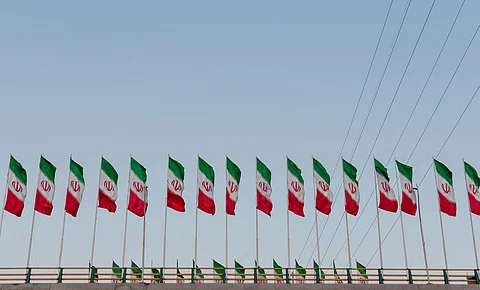

On Thursday, the U.S. Treasury Department announced sanctions against Iran's oil minister, Mohsen Paknejad, along with several vessels claimed to be part of a "shadow fleet" that obscures Iranian oil shipments. This move underscores the ongoing U.S. strategy to disrupt Iranian oil exports and limit funding to military activities.
The Treasury's statement indicates that Paknejad is instrumental in exporting billions of dollars' worth of Iranian oil, which includes allocations meant for Iran's military. The sanctions also target entities linked to vessels that have delivered Iranian oil to China or accessed storage facilities there. Notable vessels among the sanctions include the Hong Kong-flagged "Peace Hill" and the Iran-flagged "Polaris 1."
These sanctions are part of a larger U.S. approach initiated by former President Trump, who exited the 2015 nuclear deal and reinforced a maximum pressure campaign against Iran. Treasury Secretary Scott Bessent remarked that the U.S. seeks to impede Iran’s capacity to finance what it considers destabilizing activities in the region while also curtailing its missile and military support to allied armed groups.
Iranian officials, including Ayatollah Seyyed Ali Khamenei, have dismissed the U.S. outreach as manipulative and reaffirmed their stance against negotiations under pressure. Khamenei warned of strong responses to any military actions against Iran and asserted that the nation has developed strategies to counteract the effects of economic sanctions. The Iranian government has yet to respond officially to the latest sanctions.